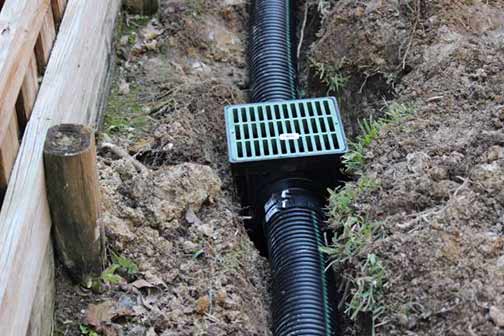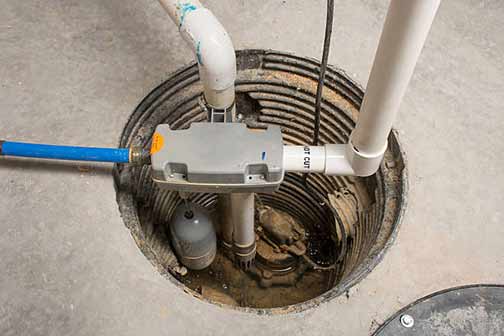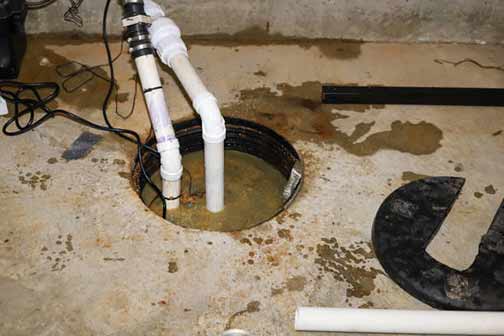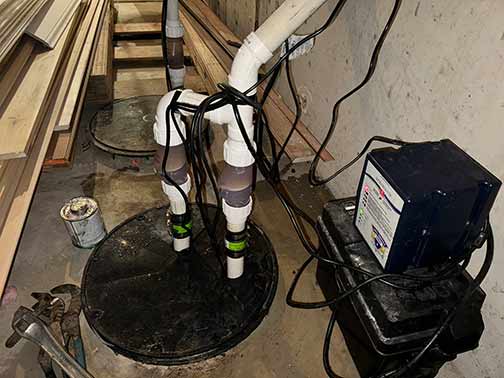Understanding Basement Flooding: Causes and Consequences
Basement flooding is a prevalent issue for many homeowners, particularly in regions susceptible to heavy rainfall or areas with elevated groundwater levels. The repercussions of basement flooding can be severe, leading to structural damage, mold growth, and the loss of valuable possessions. Understanding the causes of basement flooding is crucial in selecting the right preventive measures. Common causes include inadequate drainage systems, foundation cracks, and insufficient waterproofing. These issues can result in water seeping into the basement, causing damage to the structure and contents, and potentially creating a hazardous environment due to mold and mildew growth.
The Role of Sump Pumps in Basement Flood Prevention
Sump pumps are mechanical devices specifically designed to remove accumulated water from basements or crawl spaces. Typically installed in a sump pit, a hole dug at the lowest point of the basement, sump pumps activate when water enters the pit, pumping the water out and away from the home. This process is especially effective in areas with high water tables or frequent heavy rainfall. Sump pumps provide an active solution to water accumulation, ensuring that water is swiftly removed from the basement, thereby preventing potential flooding and water damage.
How French Drains Work to Protect Your Basement
French drains are a type of drainage system that redirects water away from your home. They consist of a trench filled with gravel and a perforated pipe that collects and directs water away from the foundation. French drains are effective in preventing water from seeping into basements by controlling the flow of groundwater. They are often used in conjunction with other waterproofing methods to provide comprehensive protection. By directing water away from the foundation, French drains reduce the risk of water infiltration, protecting the basement from potential water damage.
Comparing Sump Pumps and French Drains: Key Differences
Both sump pumps and French drains have their unique advantages and limitations. Sump pumps are ideal for areas with rapid water accumulation and provide an active solution by removing water from the basement. However, they require electricity and regular maintenance. French drains, on the other hand, offer a passive solution by redirecting water away from the foundation. They are low-maintenance but may not be sufficient in areas with extreme flooding conditions. Understanding these differences is crucial in determining which solution is best suited for your specific needs.
When to Choose a Sump Pump for Your Basement
A sump pump is a suitable choice if your basement is prone to flooding due to a high water table or if you experience frequent heavy rainfall. They are also recommended for homes with finished basements where water damage could lead to significant financial loss. Sump pumps provide peace of mind by actively removing water and protecting your investment. For homeowners concerned about the potential for water damage, a sump pump offers a reliable and effective solution.
When a French Drain is the Better Option
French drains are ideal for homes with moderate water issues where the primary concern is groundwater seepage rather than rapid flooding. They are also a good option for homes with existing drainage issues that need improvement. French drains can be installed around the perimeter of the foundation or in specific problem areas to effectively manage water flow. For homeowners looking for a low-maintenance solution, French drains offer an effective way to manage water issues without the need for regular upkeep.

French drains can be installed around the perimeter of the foundation or in specific problem areas to effectively manage water flow.
Integrating Sump Pumps with French Drains for Optimal Protection
For homeowners seeking maximum protection against basement flooding, installing sump pumps and French drains together can be an effective strategy. The French drain system can direct water to the sump pit, where the sump pump can then remove it. This combination provides a comprehensive approach to managing both groundwater and surface water issues, ensuring your basement remains dry and safe. By combining these two solutions, homeowners can achieve optimal protection against water infiltration and flooding.
Cost Considerations: Sump Pumps vs. French Drains
When deciding between a sump pump and a French drain, cost is an important factor to consider. Sump pumps generally have a lower initial installation cost but require ongoing maintenance and electricity costs. French drains, while more expensive to install due to excavation and materials, have minimal maintenance costs once in place. Homeowners should weigh the long-term expenses against the initial investment when making their decision. By considering both the upfront and ongoing costs, homeowners can make an informed choice that aligns with their budget and needs.
Maintenance and Longevity: Keeping Your Systems Running Smoothly
Regular maintenance is essential for both sump pumps and French drains to ensure their effectiveness. Sump pumps require periodic testing, cleaning, and battery replacement for backup systems. French drains need to be inspected for blockages and sediment build-up. Proper maintenance can extend the lifespan of these systems and prevent costly repairs or replacements. By staying on top of maintenance, homeowners can ensure that their systems continue to function effectively, providing reliable protection against water infiltration.
Environmental Impact: Choosing a Sustainable Solution
When selecting a solution for basement flooding, consider the environmental impact. Sump pumps consume electricity, contributing to energy use and carbon emissions. French drains, being passive systems, have a lower environmental footprint. However, the materials used in French drains, such as gravel and piping, also have environmental considerations. Homeowners should evaluate the sustainability of each option in the context of their specific needs and values. By choosing a solution that aligns with their environmental values, homeowners can minimize their impact on the environment while protecting their home.
Expert Insights: Professional Recommendations for Homeowners
Speaking with a professional plumber or waterproofing specialist can provide valuable insights into the best solution for your home. Experts can assess your specific situation, taking into account factors such as soil composition, water table levels, and existing drainage systems. Professional advice can help ensure that you choose the most effective and cost-efficient solution for preventing basement flooding. By seeking expert guidance, homeowners can make informed decisions that provide the best protection for their home.
Conclusion: Making the Right Choice for Your Home
Preventing basement flooding is essential for protecting your home and ensuring its longevity. Both sump pumps and French drains offer effective solutions, each with its own set of advantages and limitations. By understanding the specific needs of your home and considering factors such as cost, maintenance, and environmental impact, you can make an informed decision. Whether you choose a sump pump, a French drain installation, or a combination of both, taking proactive measures will provide peace of mind and safeguard your home against the damaging effects of basement flooding. By making the right choice, homeowners can ensure that their home remains safe and dry, protecting their investment and providing a secure environment for their family.




